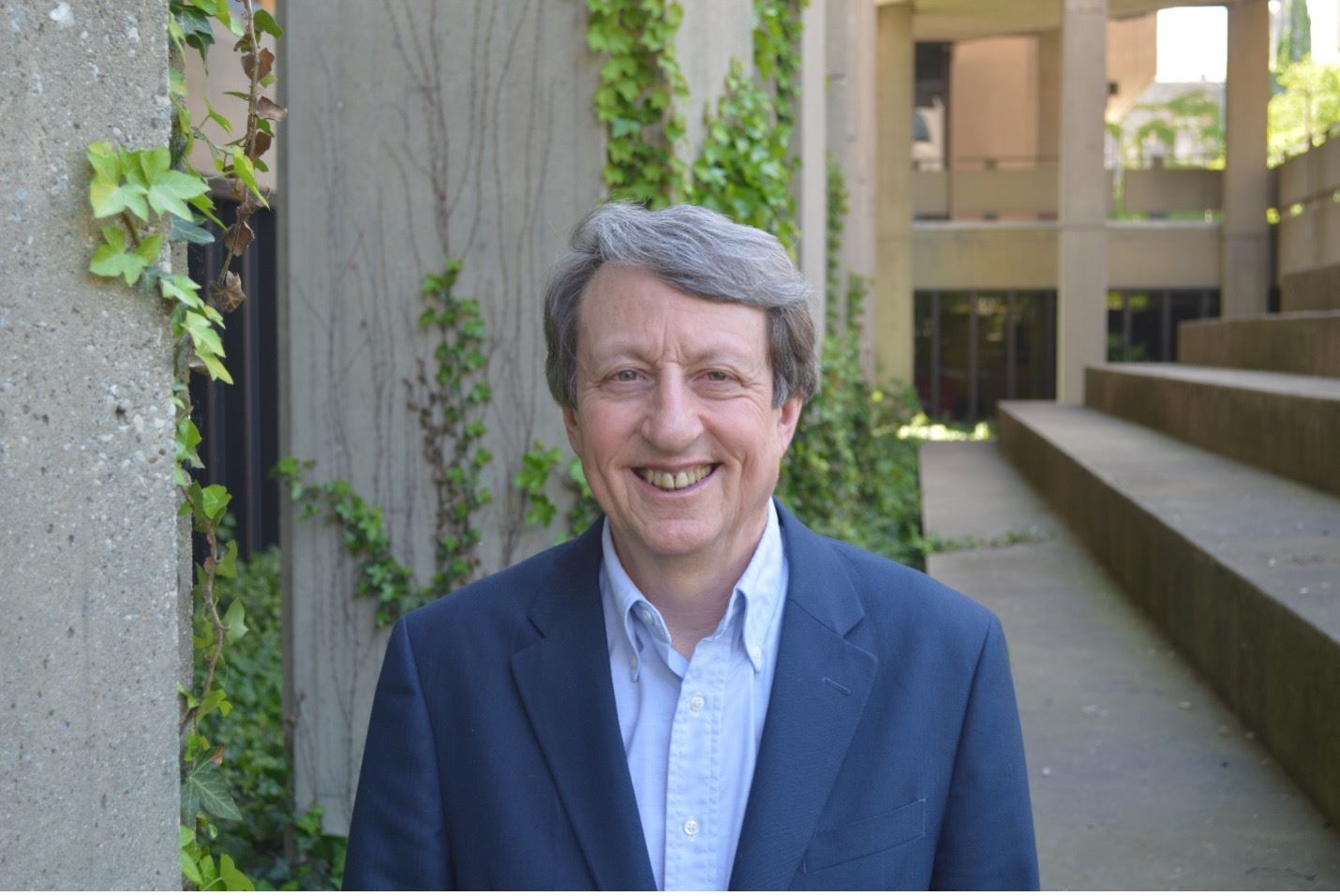
co-sponsored by: The Chicago Psychoanalytic Institute
Presentation Title:
What Is Psychobiography and How Is It Relevant to Psychoanalysis and Psychotherapy?
Presenter: James Anderson, PhD
Tuesday, December 10, 2024, at 7:00 – 9:00 PM Central time
In person at the Chicago Psychoanalytic Institute,
8 S. Michigan Ave, 7th Floor, Chicago, IL
And By Zoom

James W. Anderson, PhD, is a former President of the Chicago Psychoanalytic Society and a faculty member of the Chicago Psychoanalytic Institute. He is a Professor of Clinical Psychiatry and Behavioral Sciences at Northwestern University, where he teaches courses on the Psychology of Personality and the Psychology of Film. His specialty is psychobiography, the study, using a psychological perspective, of historical, political, literary, and artistic figures.
Description:
Biographies are at their best when they convey that the subject is a three-dimensional human being who possesses an inner life. Hence psychology is essential to the writing of high-quality biographies. But psychology is vulnerable to being misused. All too often psychology has been weaponized to attack biographical subjects, or dogmatic psychological theories are foisted on subjects so these people look like cardboard figures. In his book, James W. Anderson examines what is necessary for writing first-rate psychobiography.
In his talk for us, he discusses how the approaches that make for effective psychobiography relate to approaches that make for effective psychotherapy. Countertransference is key to psychobiography as it is in psychotherapy. Other key factors are understanding the culture of the subject/patient; learning in depth about the development and personality of the subject/patient; and being sensitive to the subject’s or patient’s narrative identity. Most important, interpretations are not to be imposed onto the subject/patient but instead the biographer/therapist seeks to open up, not close down; to provide new questions, not easy answers; to complicate, not simplify.

Purchase Book
Use discount code: ASPROMP8 at purchase
Learning Objectives
After attending this session, participants should be able to:
- describe how to avoid making interpretations that push unnuanced psychoanalytic concepts on patients, such as telling a patient that she/he has sibling rivalry or is unaware of his/her death drive.
- describe how to make interpretations that encourage patients to explore themselves more deeply, such as asking a patient to explore how her competition with her two girlfriends may relate to what she has said before about how she resented her father paying more attention to her sister’s soccer team rather than to her own soccer team.
Admission is free. Continuing Education Credits are offered exclusively to Society members in all membership categories and those intending to join.
The presenter, James W. Anderson, PhD, and the organizers, James W. Anderson, PhD, and Stephanie Fariss, JD, LCSW, have no relevant financial relationships with ineligible companies to report.
Participants are asked to be aware of the need for privacy and confidentiality throughout the program.
ACCME Accreditation Statement: This activity has been planned and implemented in accordance with the accreditation requirements and policies of the Accreditation Council for Continuing Medical Education (ACCME) through the joint providership of American Psychoanalytic Association (APsA) and the Chicago Psychoanalytic Society. The American Psychoanalytic Association is accredited by the ACCME to provide continuing medical education for physicians.
AMA Credit Designation Statement: The American Psychoanalytic Association designates this live activity for a maximum of 2 AMA PRA Category 1 Credit(s)™. Physicians should claim only the credit commensurate with the extent of their participation in the activity.
Disclosure Statement: The APsA CE Committee has reviewed the materials for accredited continuing education and has determined that this activity is not related to the product line of ineligible companies and therefore, the activity meets the exception outlined in Standard 3: ACCME's identification, mitigation and disclosure of relevant financial relationship. This activity does not have any known commercial support.
Accreditation Information for Professionals Other Than Physicians. The Chicago Psychoanalytic Institute maintains responsibility for this program and its content, in relation to accreditation for CE credits for non-physicians. CPI is licensed by the Illinois Department of Financial and Professional Regulation to sponsor continuing education credits for (license numbers in parentheses): Social Workers (159.000122), Professional Counselors (197.000202), Marriage and Family Therapy Therapists (168.00204), and Clinical Psychologists (268.000091).
Eligible professionals will receive 2.0 continuing education credits for attending the entire program. To receive these credits an evaluation form must be completed online. Learners must claim the amount of time spent in the educational activity and that will be the amount of credit they will earn.
